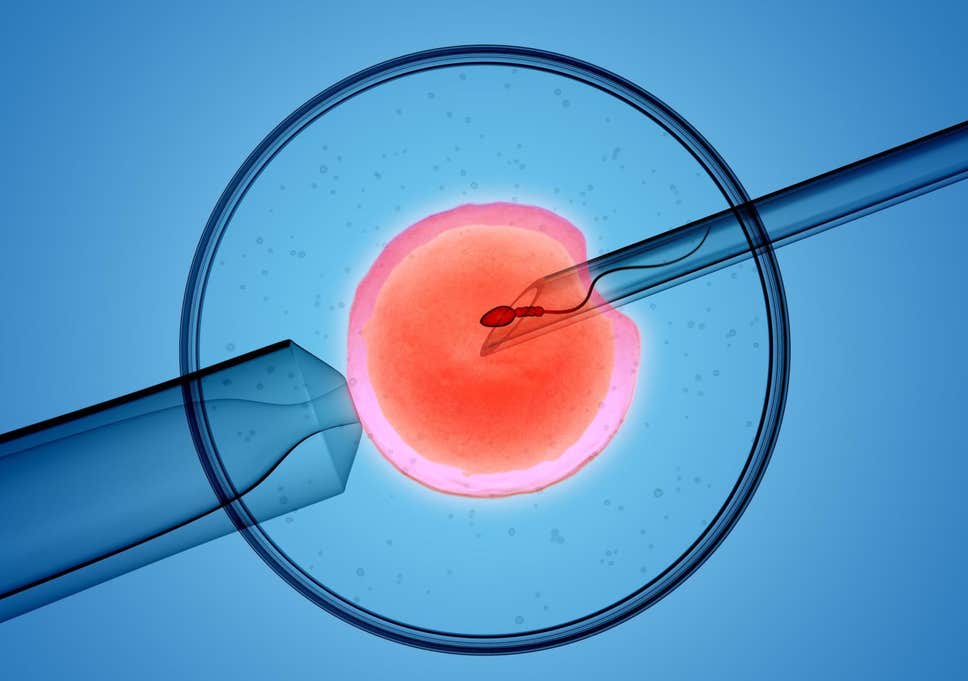
Cambridge Sociology has a thriving community of scholars working in the areas of science and technology studies, including the social study of biomedicine, digital sociology, reproductive sociology and the sociology of new media technologies.
Our research on topics such as assisted conception, diagnostic health technologies, gene editing and the Internet addresses these areas of technological change both empirically and conceptually, often using innovative interdisciplinary approaches to open up whole new fields, and often working closely with partners from within the Cambridge scientific community. We have scholars, for example, working with professionals in the health and bioscience sectors worldwide, as well as with leading government agencies such as the IMF, and funders such as the Wellcome Trust.
We also have an exciting group of scholars working on the intersection between the social sciences and computer science, in particular around the use of new technologies and its impact on society and political life. At the intersection with computer science, we study issues around surveillance and privacy, as well as censorship and whistleblowing. We also research the implications for ethics and governance of how machine learning methods and algorithms are integrated into wider computational systems and workflows and into social processes of decision-making and accountability more generally.
